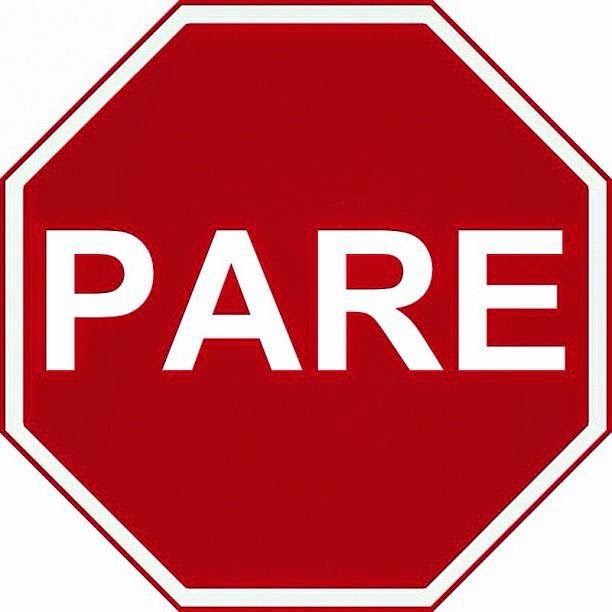The 2014 FIFA World Cup has me enthralled. What super athleticism is shown by the players as they race up and down the pitch for ninety minutes or more and address the ball with amazing moves! What rabid support is demonstrated by fans in the stands, dressed up in national costumes and painted in national colors! And what drama as the lead and hopes of a nation change in a split second with an unexpected goal!
As if all of this is not enough to keep me well entertained, I have many questions about language. The Cup is an international event. There are players, coaches and officials from the five inhabited continents, symbolized by the Olympic Rings: Africa, America, Asia, Europe, and Oceania/Australia.

How is everyone managing to communicate?
How is everyone managing to communicate?
My first thoughts on language use came while watching pre-match shows with commentators from around the world. Thank goodness for closed captioning. The combination of different varieties of English and lack of familiarity with soccer terms had me turning up the TV volume and frantically trying to listen and read the lagging captions simultaneously. I heard commentators speaking English with British accents, Scottish accents, Brazilian accents, Spanish accents, Dutch accents, and a few more I couldn't readily identify.
Even more intriguing were the conversations on the pitch between referees and players and between players of opposing teams. If body language is any indication, they had a lot to say to each other, but the question is what language or languages was the communication taking place in?
 |
| Could he have been saying "Moi?" |
 |
| Probably no spoken language needed here! |
 |
| Do you think this discussion was in meters or feet? |
Whichever of the approximately 6000 existing languages in the world is being used at the 2014 FIFA World Cup, I'll bet the language is a lot more colorful than that written up in grammar textbooks. Maybe if I could learn to lipread, I could learn some very useful language!











